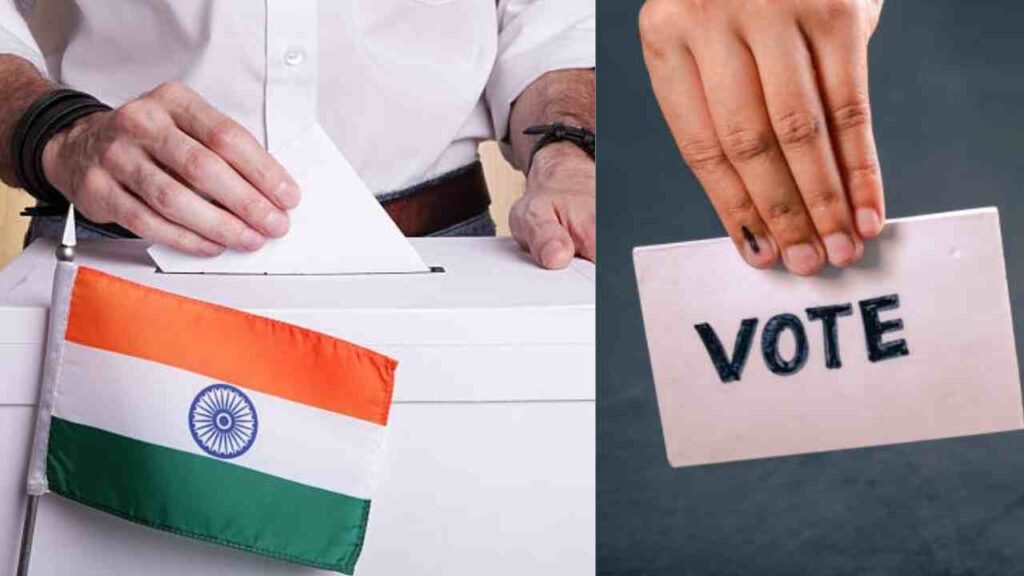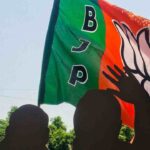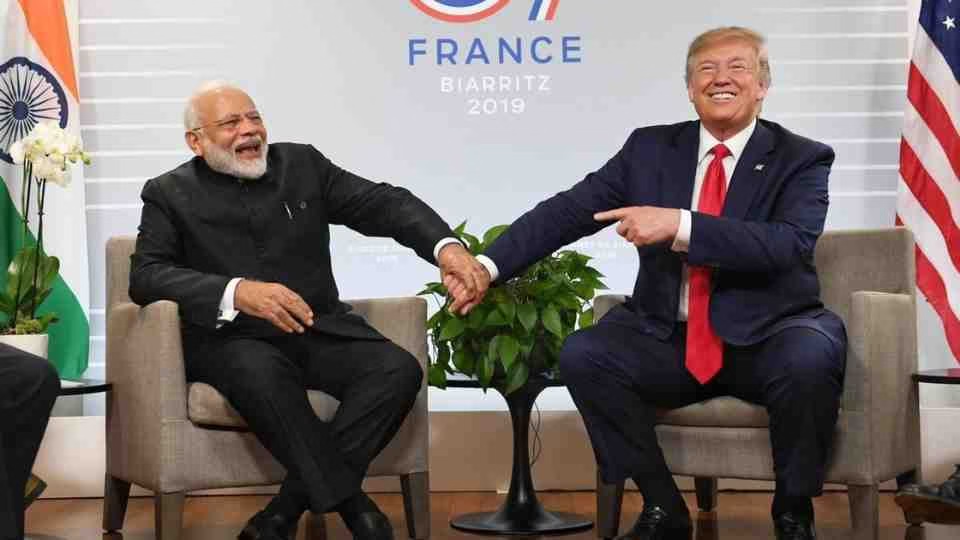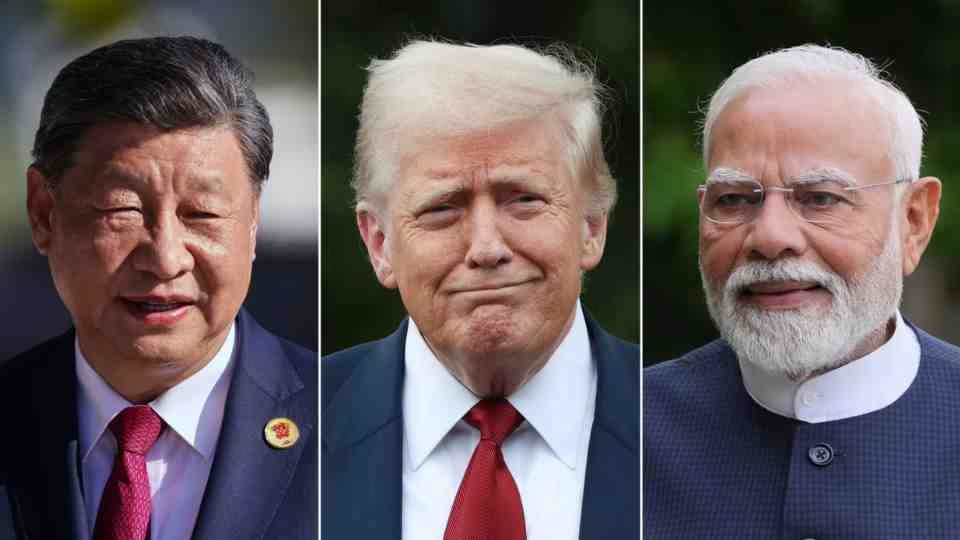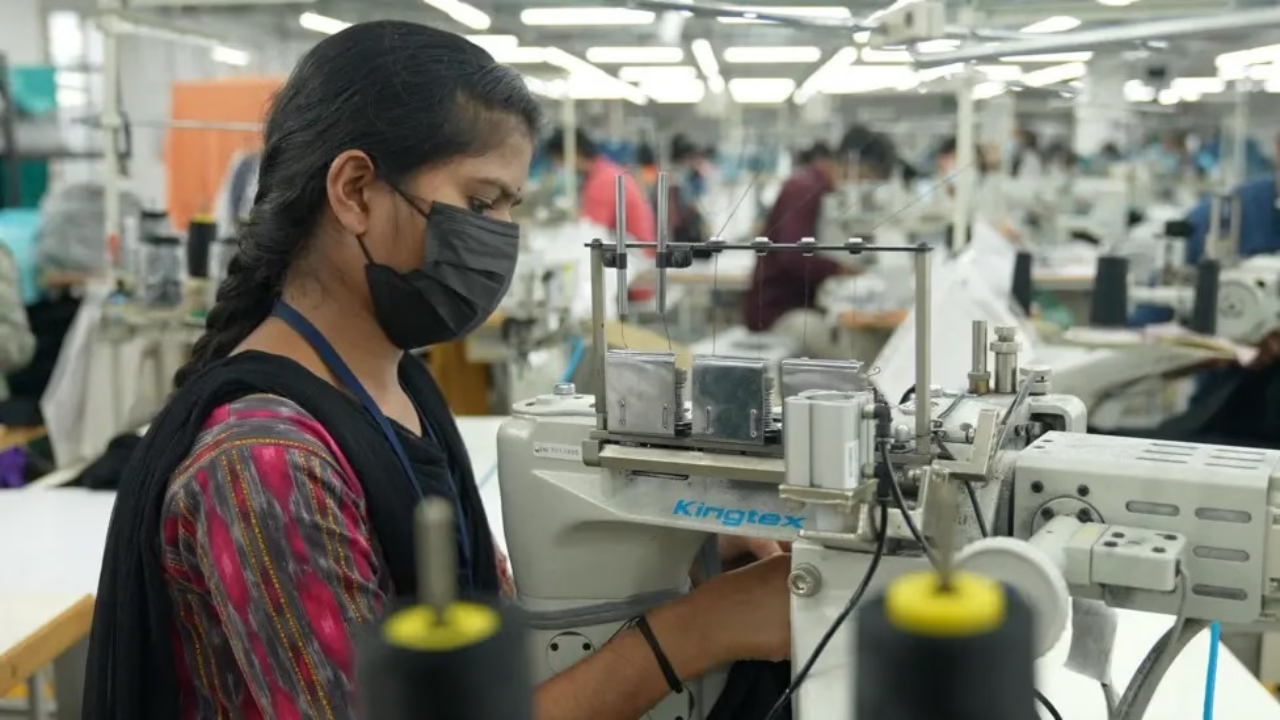Escalating Tensions Following Fraud Claims
The Opposition INDIA bloc is set to introduce an impeachment motion against Chief Election Commissioner (CEC) Gyanesh Kumar, intensifying its conflict with the Election Commission (EC) after Congress leader Rahul Gandhi accused the poll body of widespread voter fraud.
Allegations of Vote Manipulation
This move follows Gandhi’s claims of “vote chori” (vote theft) in Maharashtra, Karnataka, and Haryana, where he alleged that the Commission manipulated voter data to benefit the ruling Bharatiya Janata Party (BJP). On August 7, he stated that over 100,000 “stolen” votes in the Mahadevapura assembly segment of Bangalore Central contributed to the BJP’s Lok Sabha victory, accusing the EC of collusion with the ruling party.
Constitutional Framework for Impeachment
Under Article 324(5) of the Constitution, the CEC can only be removed through a parliamentary impeachment motion, similar to the process for Supreme Court judges.
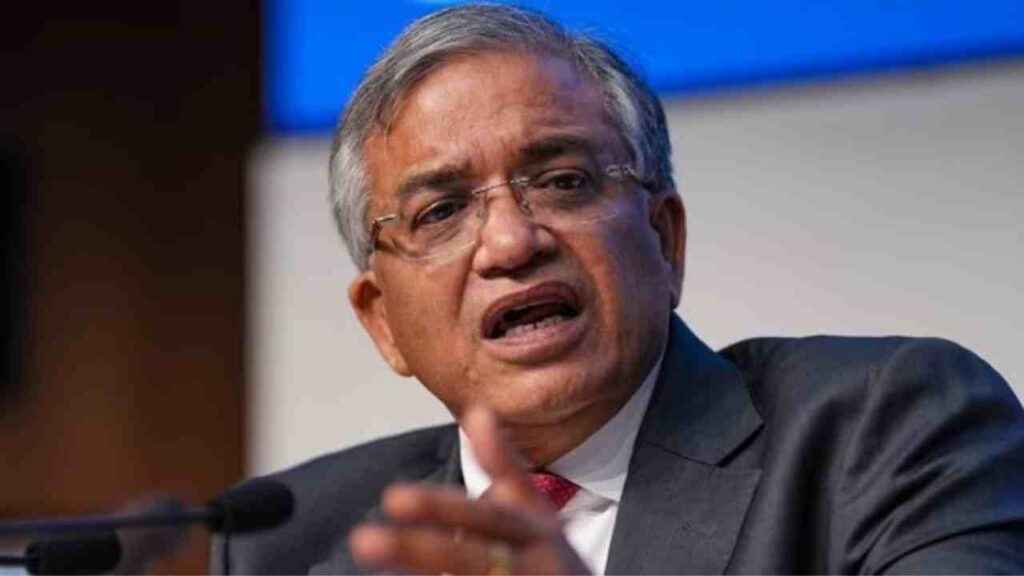
CEC’s Firm Rebuttal
In response to Gandhi’s accusations, CEC Gyanesh Kumar branded the claims as “baseless” and “an insult to the Constitution.” He challenged Gandhi to either provide a signed affidavit validating his claims or to apologize to the nation. Kumar stated, “There is no third option. If the affidavit is not received within seven days, it means all these allegations are baseless.”
Gandhi’s Counterattack
Gandhi countered Kumar’s challenge, alleging selective enforcement of scrutiny. He pointed out that while the Election Commission demands an affidavit from him, similar claims made by BJP MP Anurag Thakur went unchallenged.
Opposition Solidarity
The Opposition quickly rallied behind Gandhi, with Congress leader Pawan Khera suggesting that Kumar’s remarks echoed those of a BJP spokesperson rather than an independent authority. Khera questioned, “Did he address the one lakh voters we exposed in Mahadevapura?”
Additional Criticism from Opposition Leaders
RJD leader Manoj Jha accused the Commission of avoiding crucial questions, while JMM MP Mahua Maji urged the poll body to verify the authenticity of documents Gandhi presented during his press conference.
Details of the Allegations
In his August 7 briefing, Gandhi unveiled what he claimed was Congress research on Mahadevapura voters, highlighting issues like duplicate names, invalid addresses, and bulk registrations—citing instances of “80 voters at one address.” He also alleged that the Commission was “destroying evidence” by limiting access to CCTV and webcasting footage of polling booths to just 45 days.
CEC’s Defense of Privacy
Kumar defended the EC’s stance, arguing that sharing such footage would violate voter privacy. He questioned, “Should the Election Commission share CCTV videos of any voter including their mothers, daughters-in-law, daughters?” He asserted that only those listed on voter rolls participated in the elections.
Dismissing Claims of Inflated Voter Lists
Kumar also refuted allegations of inflated voter lists in Maharashtra, stating that no objections were raised during the draft roll stage and no evidence had been presented even eight months post-election. He emphasized, “If you keep saying anything 10 times, it does not become true.”
Commitment to Voter Integrity
The CEC reiterated the Election Commission’s commitment to standing by all voters without discrimination, and highlighted ongoing preparations for the Special Intensive Revision (SIR) of electoral rolls in Bihar, backed by the “credibility of seven crore voters.”

